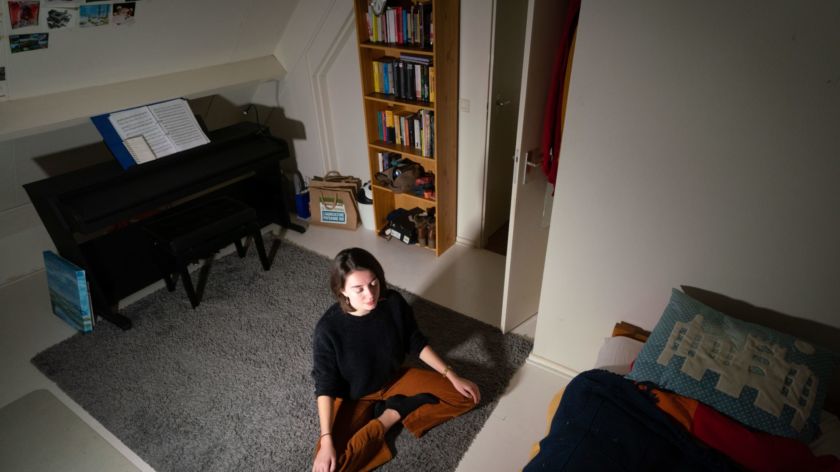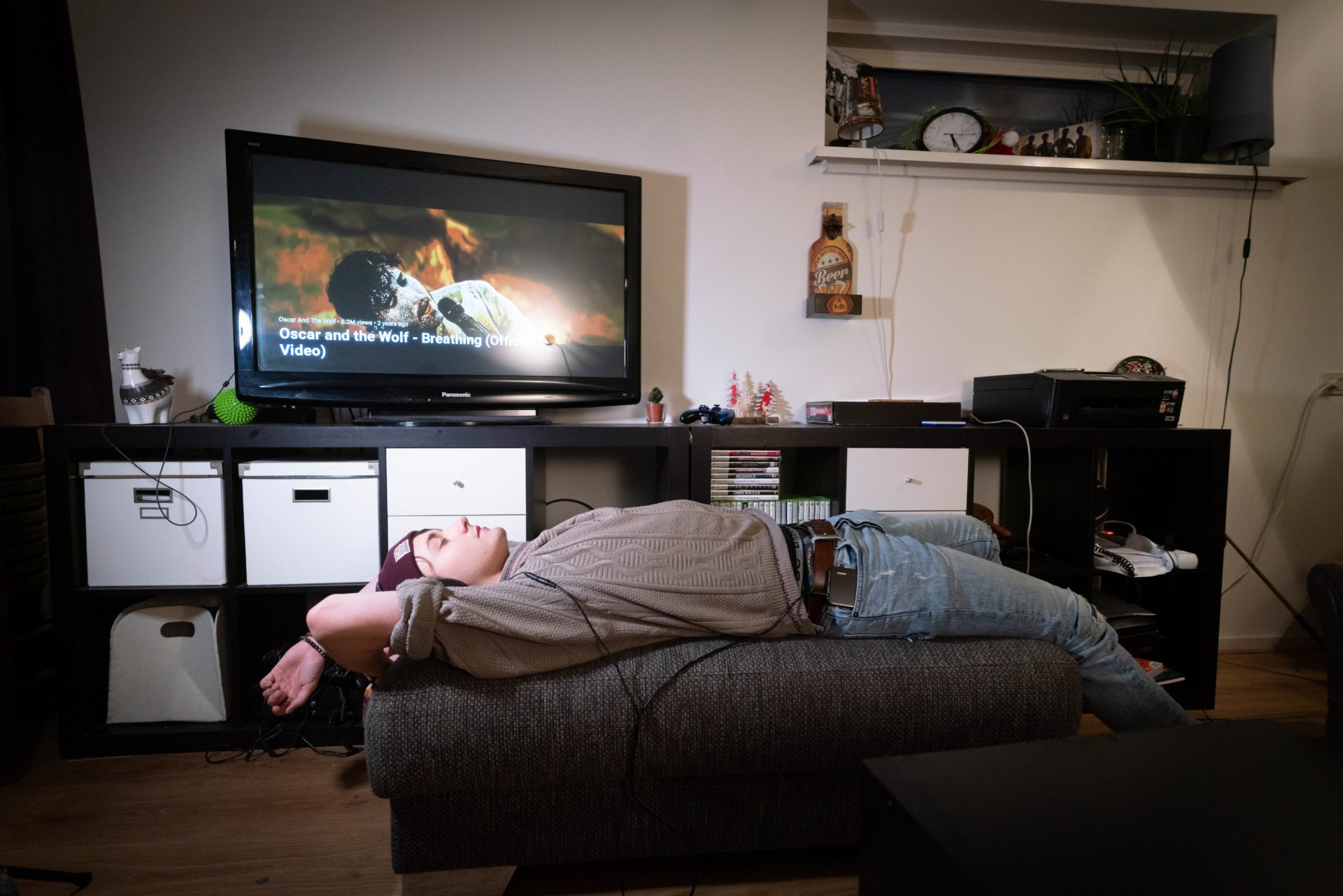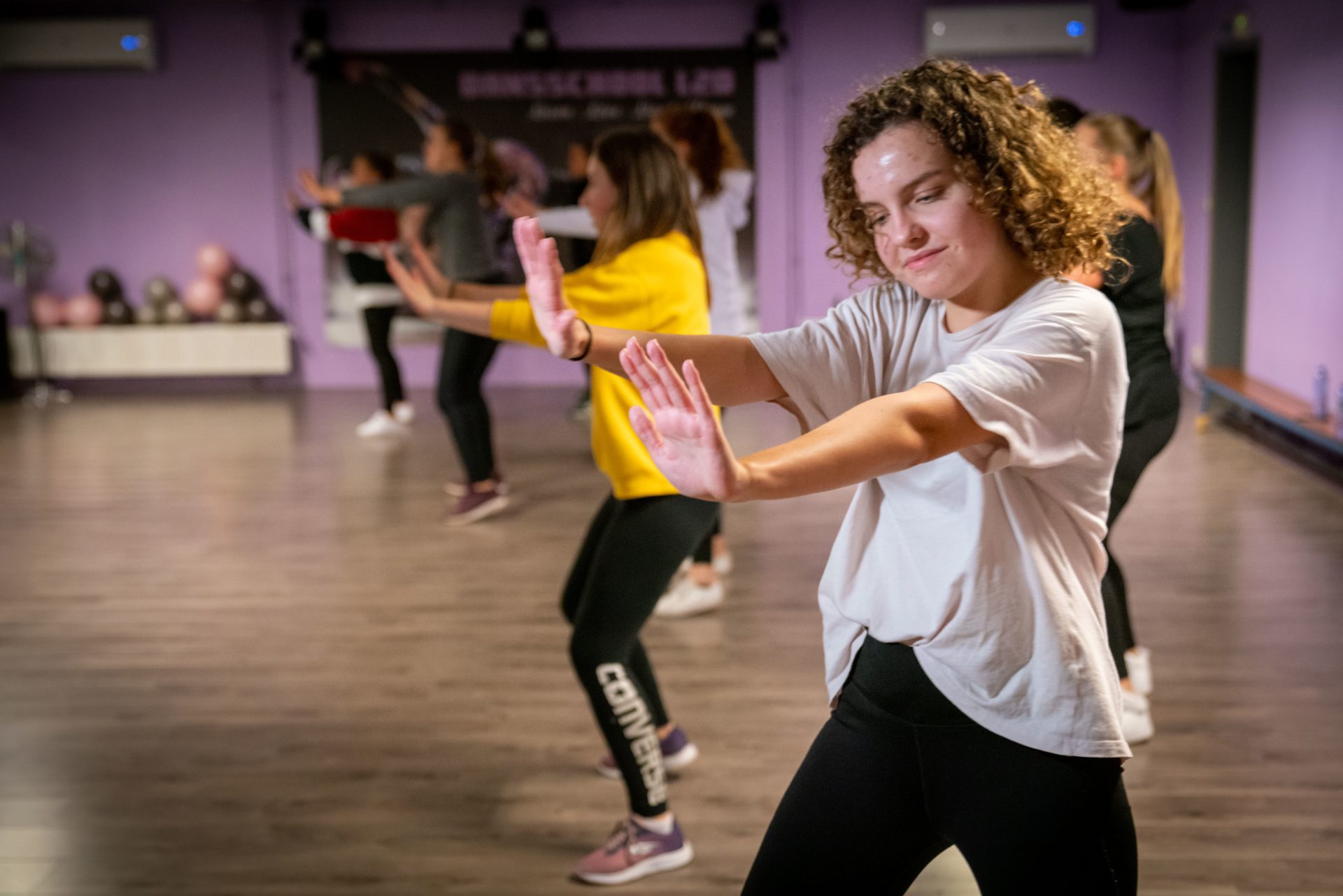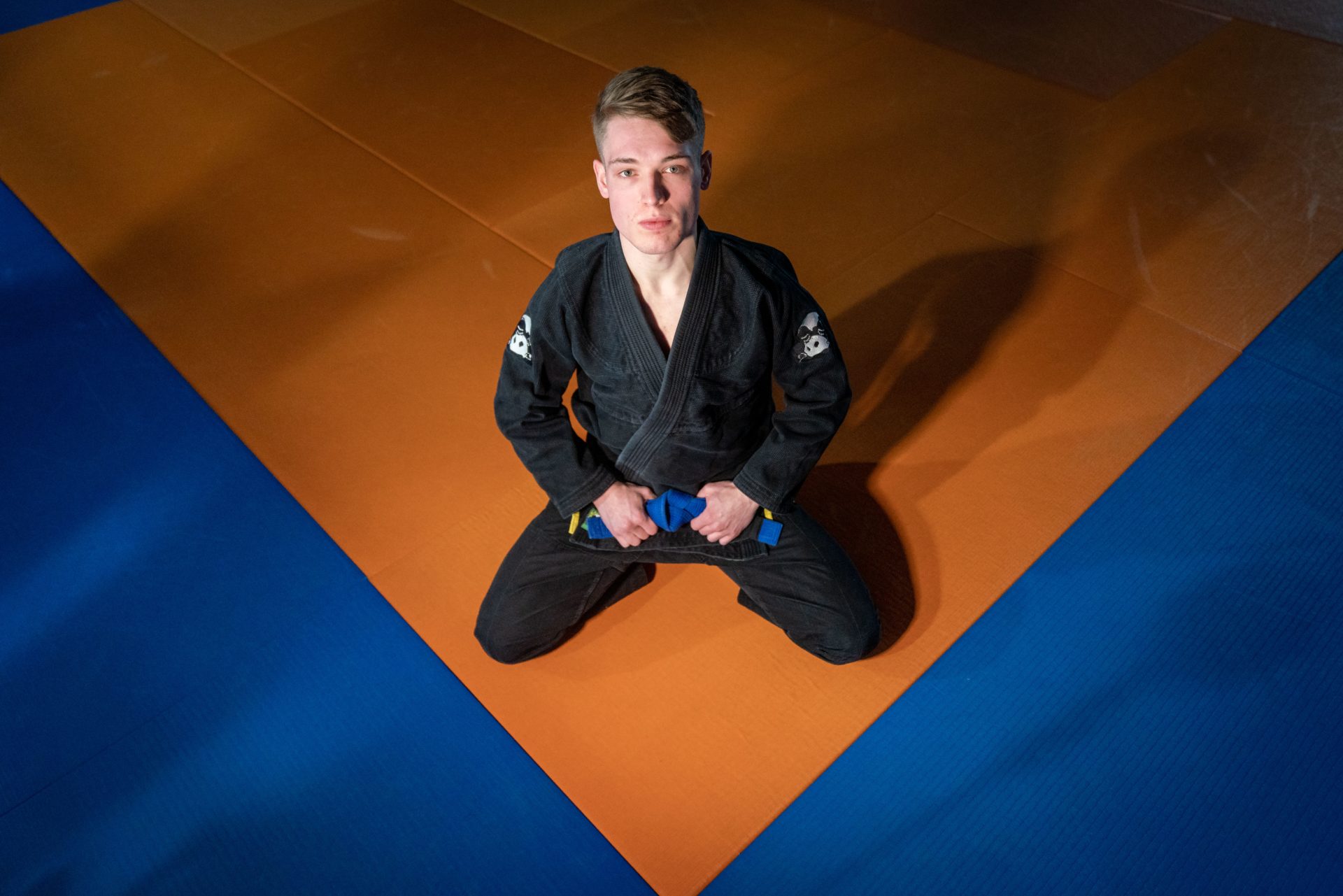Tips to keep your (stressed) head cool in 2020
-
 Foto: Erik van 't Hullenaar
Foto: Erik van 't Hullenaar
Winter break's almost over. You can only enjoy the calm for a few more days, until getting back to stressful student life. What can you do to keep a cool head during lecture weeks and exam periods? Well, meditating or dancing, for example. Here are some tips from students.
Jorein Hendriksen (20), student Philosophy, politics and society
‘I learnt to meditate during my gap year. During that year, which I spent doing volunteer work in South East Asia, I took meditation lessons in a Buddhist monastery. There I learned a technique I now use every morning: you sit down and focus on your breathing. Every time your thoughts drift away from the present, you allow your breathing to bring you back.’
‘It’s important not to judge yourself: there’s no such thing as a good or bad meditation session, you simply did it, and that’s all. Meditation helps me enormously. It lowers my stress and gives me a sense of calm and helps me put things into perspective. Many people think meditation means sitting on a cushion and trying not to think, or that’s it’s all New Agey, but it doesn’t have to be. Simply walking or drawing – without listening to music – is also a form of meditation.’
‘I advise students who experience stress to look for pockets of silence and quiet. When you already have to memorise so much information for your studies, it doesn’t help in your spare time to look for distractions that also stimulate your brain. A moment of quiet can improve concentration and teach you to better understand the source of your stress.’

Bas Nitsch (20), student English language and culture
‘I listen to music nearly all the time: on the train, on the bicycle, when studying, but also when I’m relaxing. When I’m studying, I like to listen to music that’s not too dominant, but that brings me into a groove, like lo-fi beats. That way I’m separate from the world, but I can still hear my own thoughts.’
‘When I’m not studying, I prefer to listen to music that transports me to another world. In Pink Floyd songs, for example, there’s always something new to discover. Music really helps me deal with study stress: when I listen to an album, I don’t think about exams or deadlines. Those things are far away, and all the stress leaves my body.’
‘I think more people should take the time to really listen to music. Find a nice long album, put it on, lie on your bed with your eyes closed, and listen to it all the way through. You’ll find you’re no longer occupied with your own thoughts, but only with the music.’

Nina Geurts (19), Psychology
‘I’ve been dancing hip hop for twelve years now. Hardly a week goes by when I don’t dance: I have lessons every week and practice in my room in between. When I’m feeling stressed, dancing helps me. When you dance, you have to really focus on your steps, the group, and the music. There’s no room for other thoughts. The day after a dance lesson I’m completely relaxed and I can see things more clearly. Then the stress slowly builds up again.’
‘If I can’t dance for two weeks I get restless – I really need it. It also gives me a feeling of satisfaction. If I perform a dance exactly as I want, I feel really good. Especially because for me, dancing is a group activity: when we dance well, it’s something we’ve achieved together.’
‘I think everyone should have a weekly activity that allows them to focus fully on something they enjoy. It really helps.’

Robbert Dijcks (21), Psychology
“I’ve been doing Brazilian Jiu Jitsu for three years now. This South American version of the martial art focuses on chokeholds and locks, to try and get your opponent to surrender. I’m really passionate about it, and I have lessons four or five times a week. As I leave the sports school after a lesson, I become aware that for the past hour and a half all I’ve thought about was Jiu Jitsu. It really lowers my stress levels.’
‘For Jiu Jitsu you need to achieve a certain state of mind: both very calm and very alert. When someone attacks you, you have to be ready for it, but without panicking. You have to find a feeling of calm in the midst of the chaos of a fight and I find this very relaxing.’
‘In August, I had a motorcycle accident and as a result of this I can’t do any Jiu Jitsu until February. I found this very difficult, especially in the beginning. I noticed that I felt a lot more stressed. I didn’t deal with frustration very well. I’ve now accepted that I simply can’t train at the moment and, although I really miss it, this experience is giving me the opportunity to really appreciate all the small steps on my way to recovery.’



